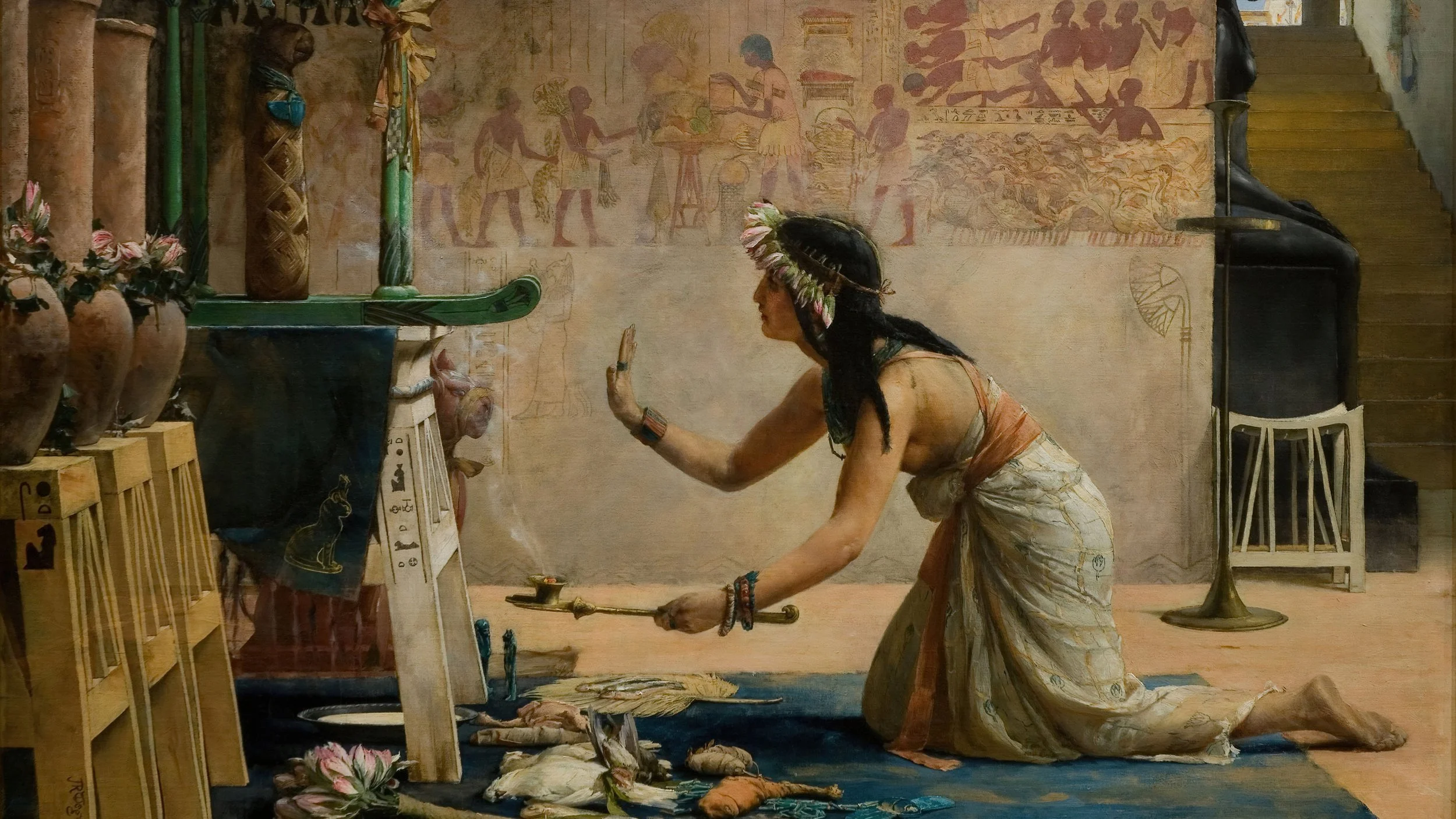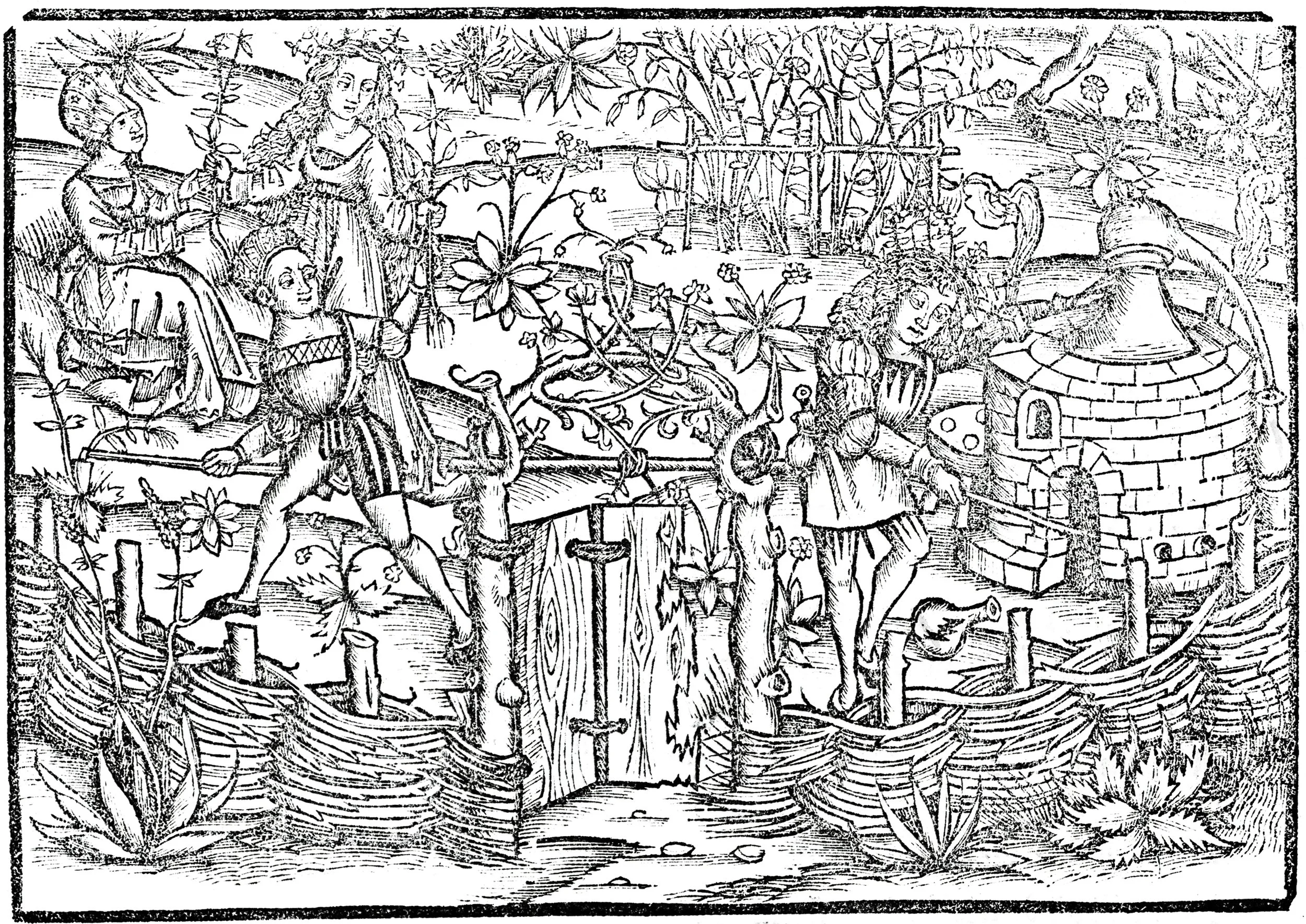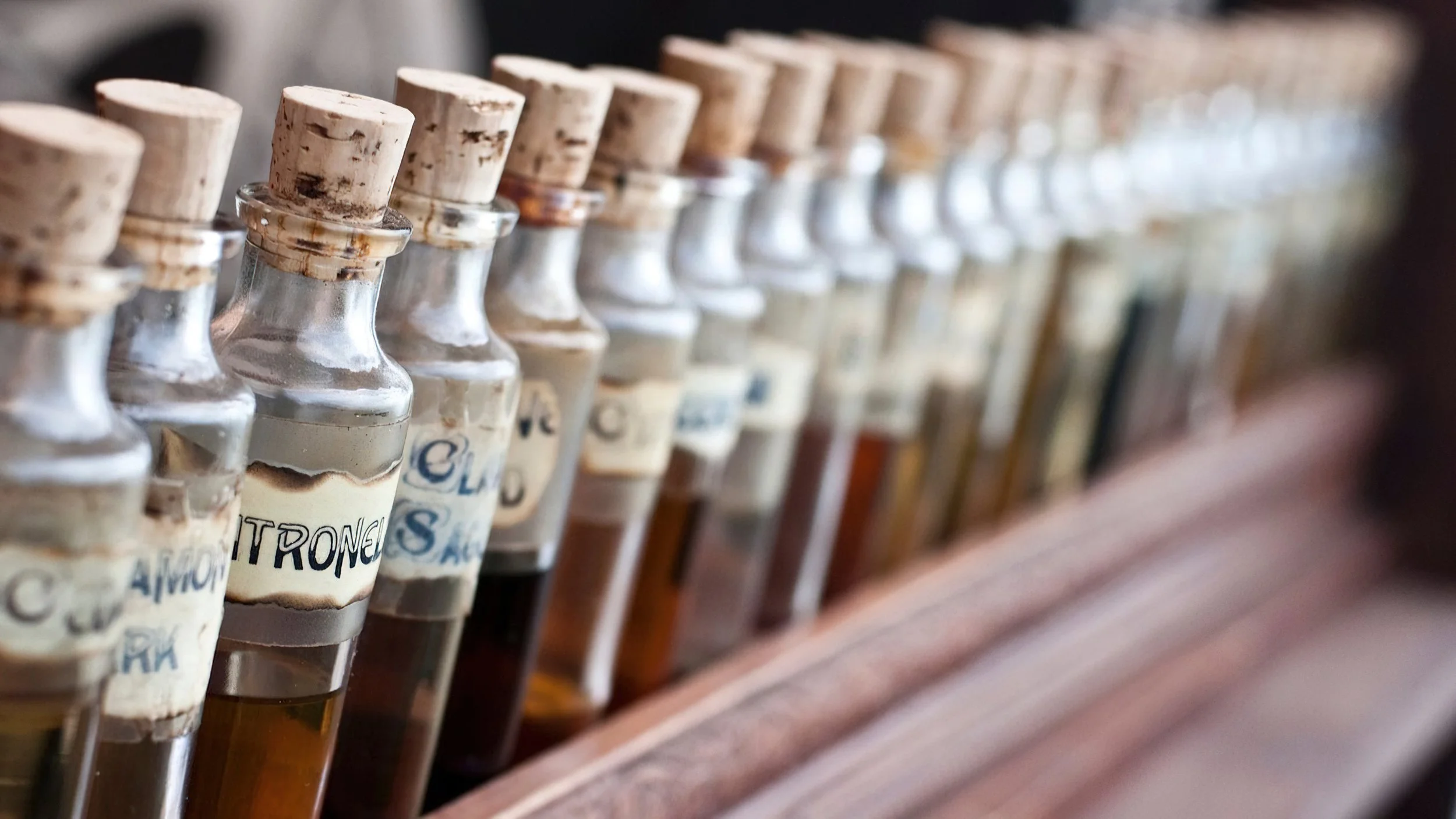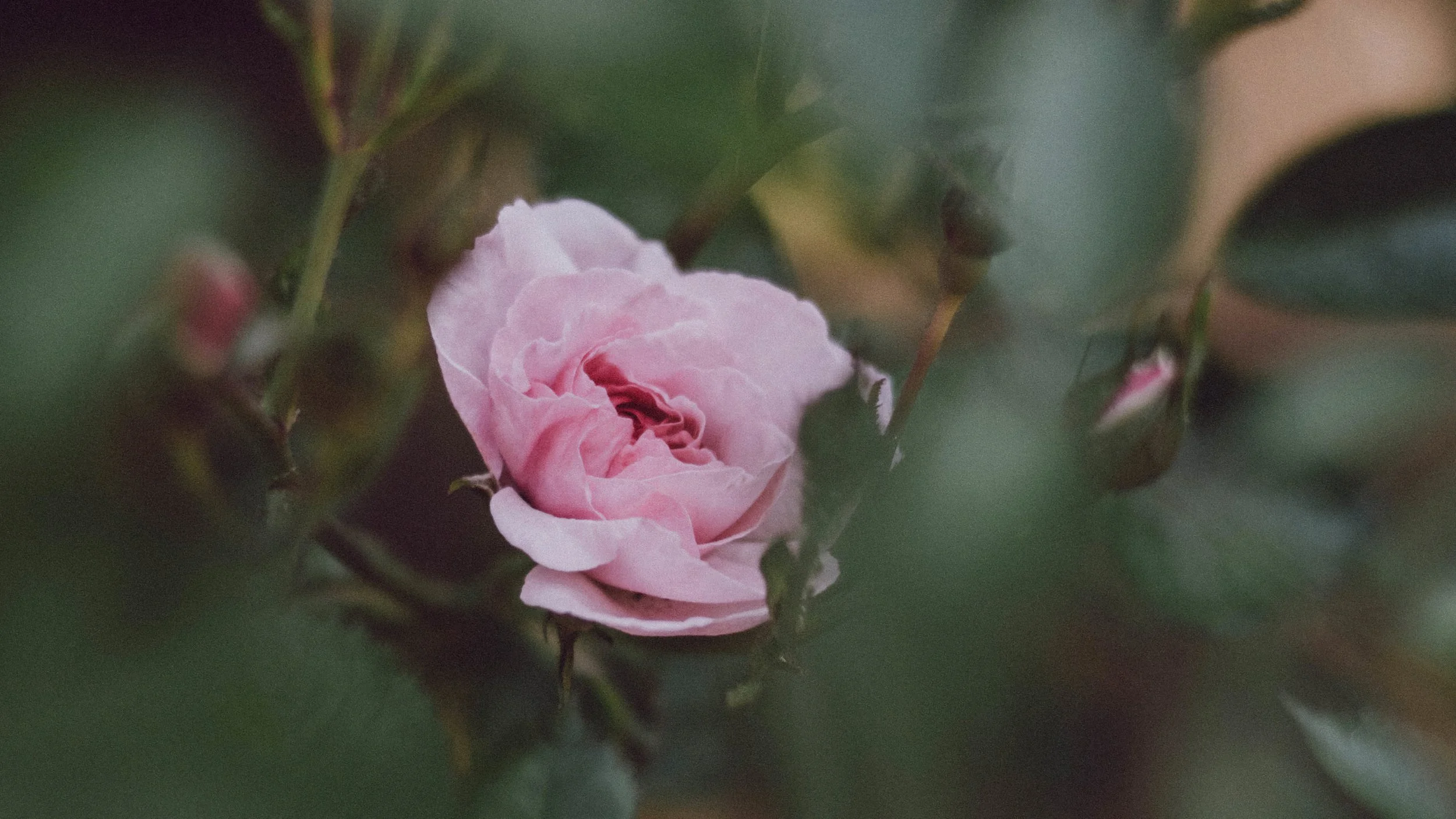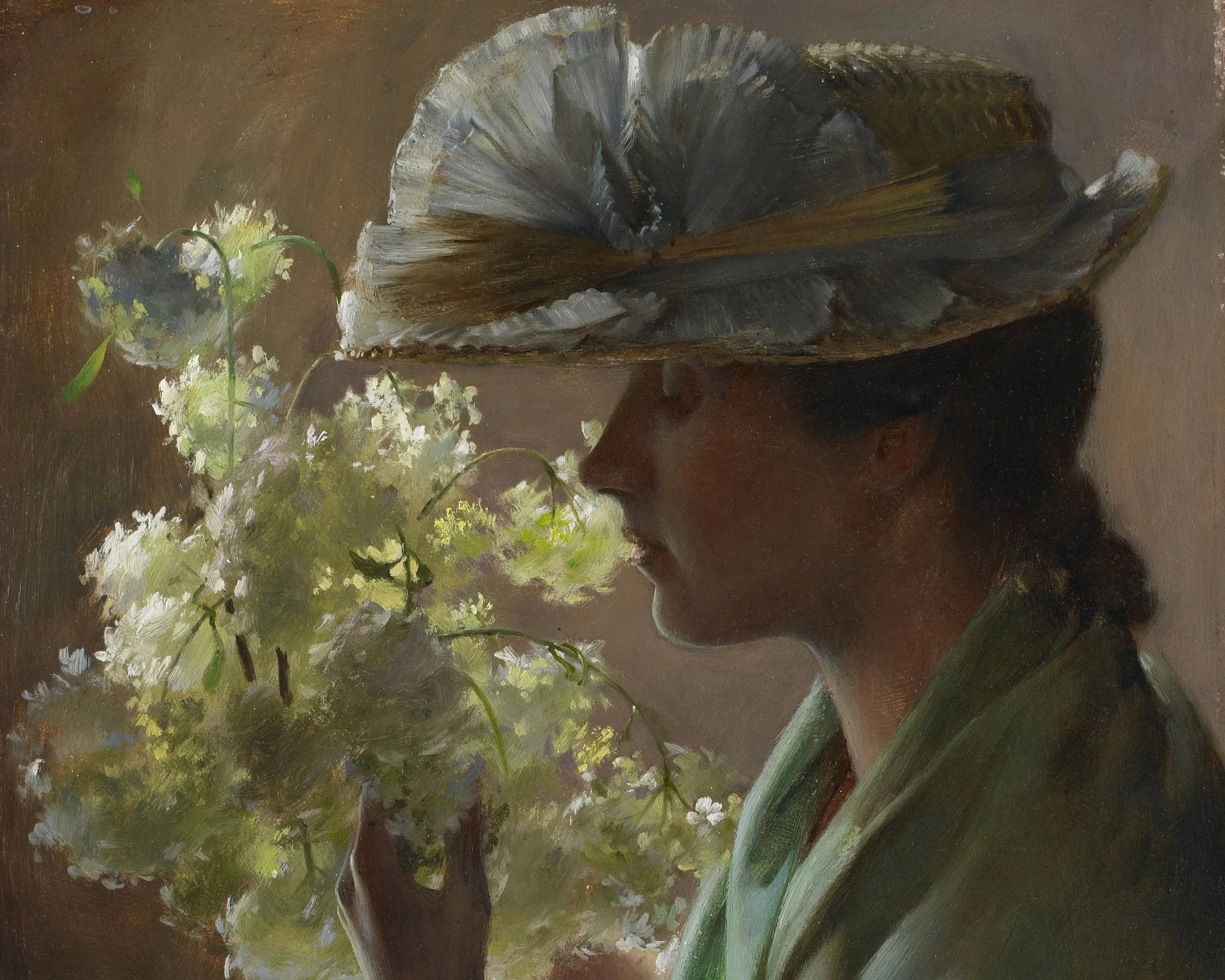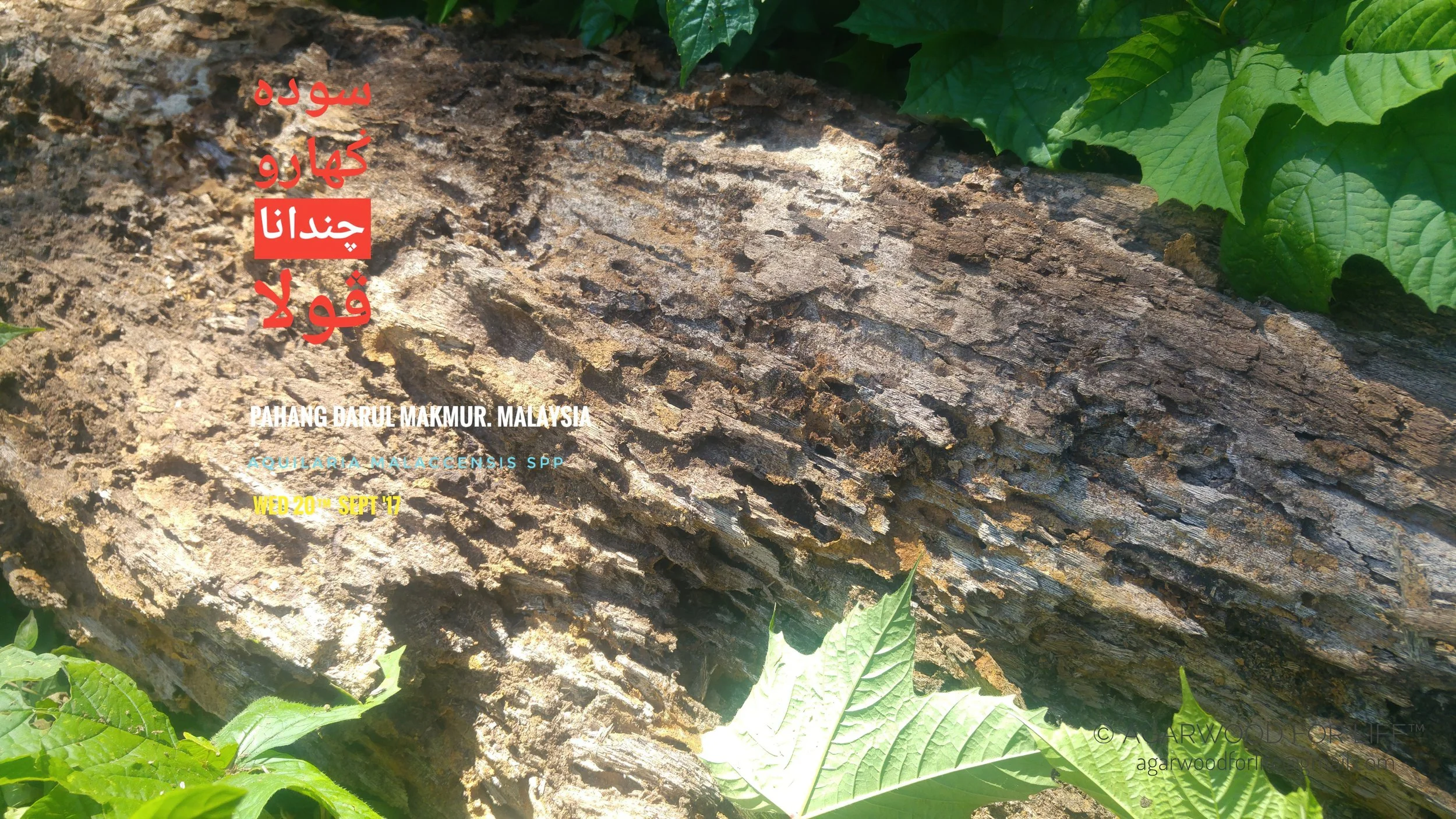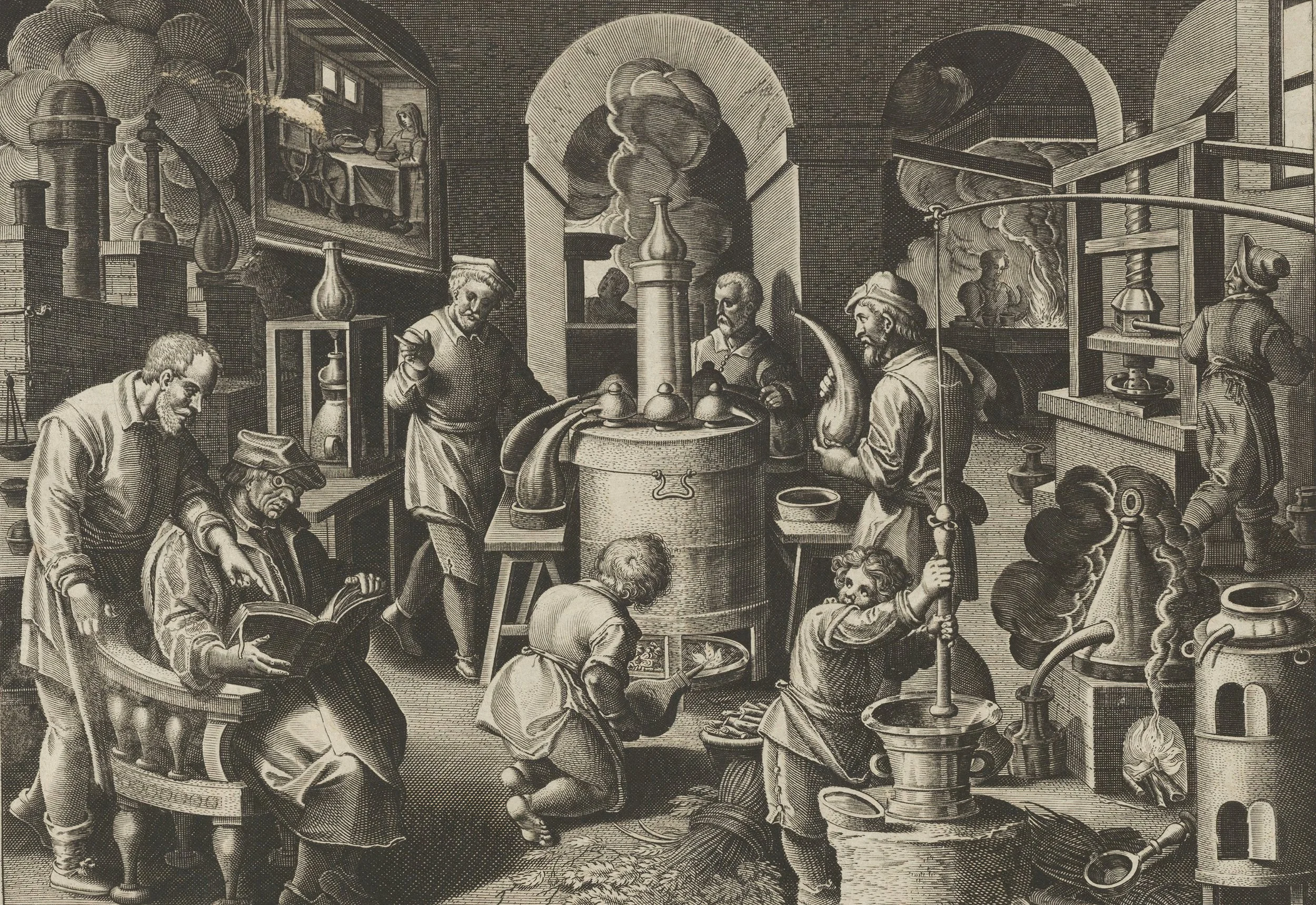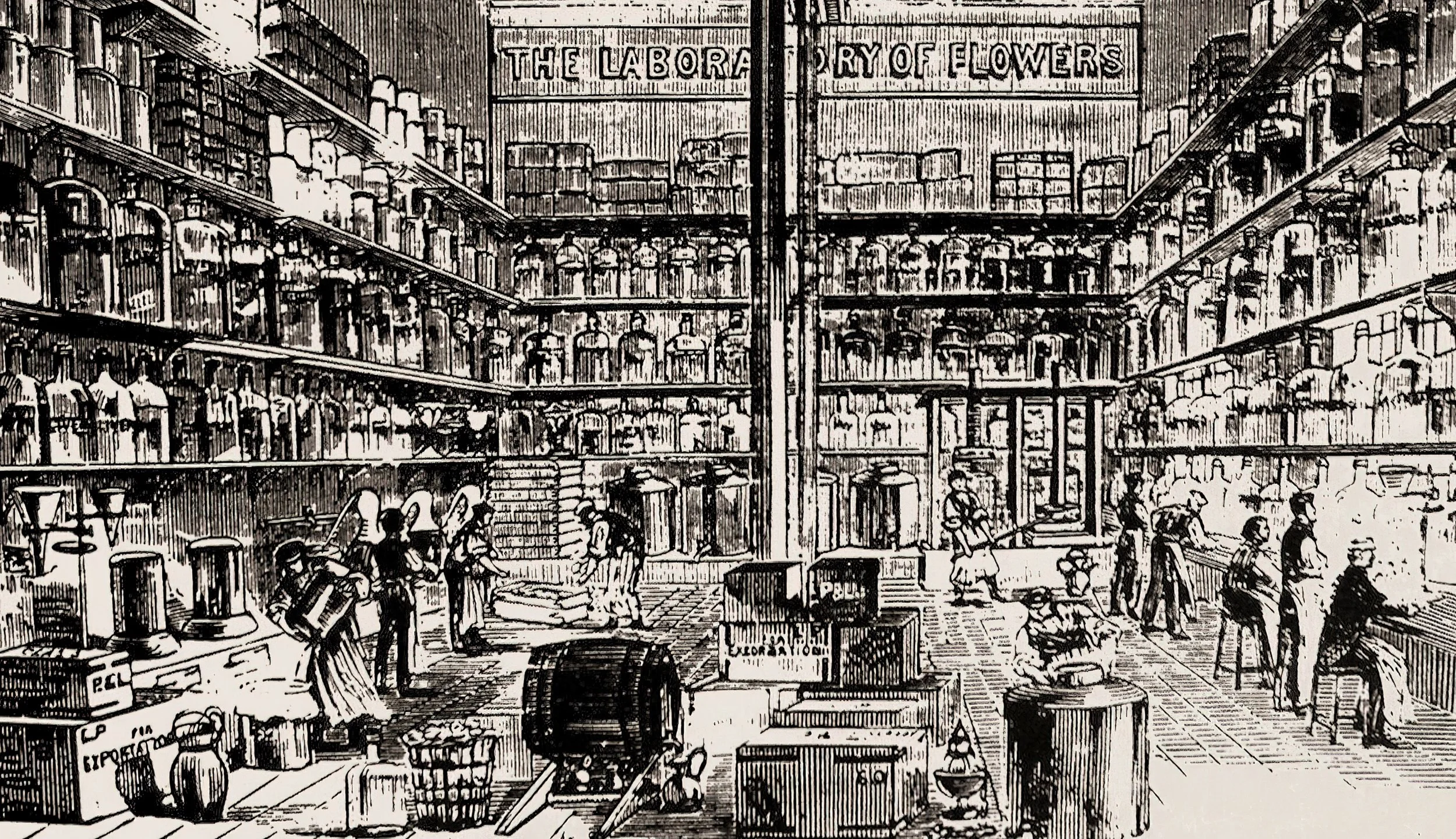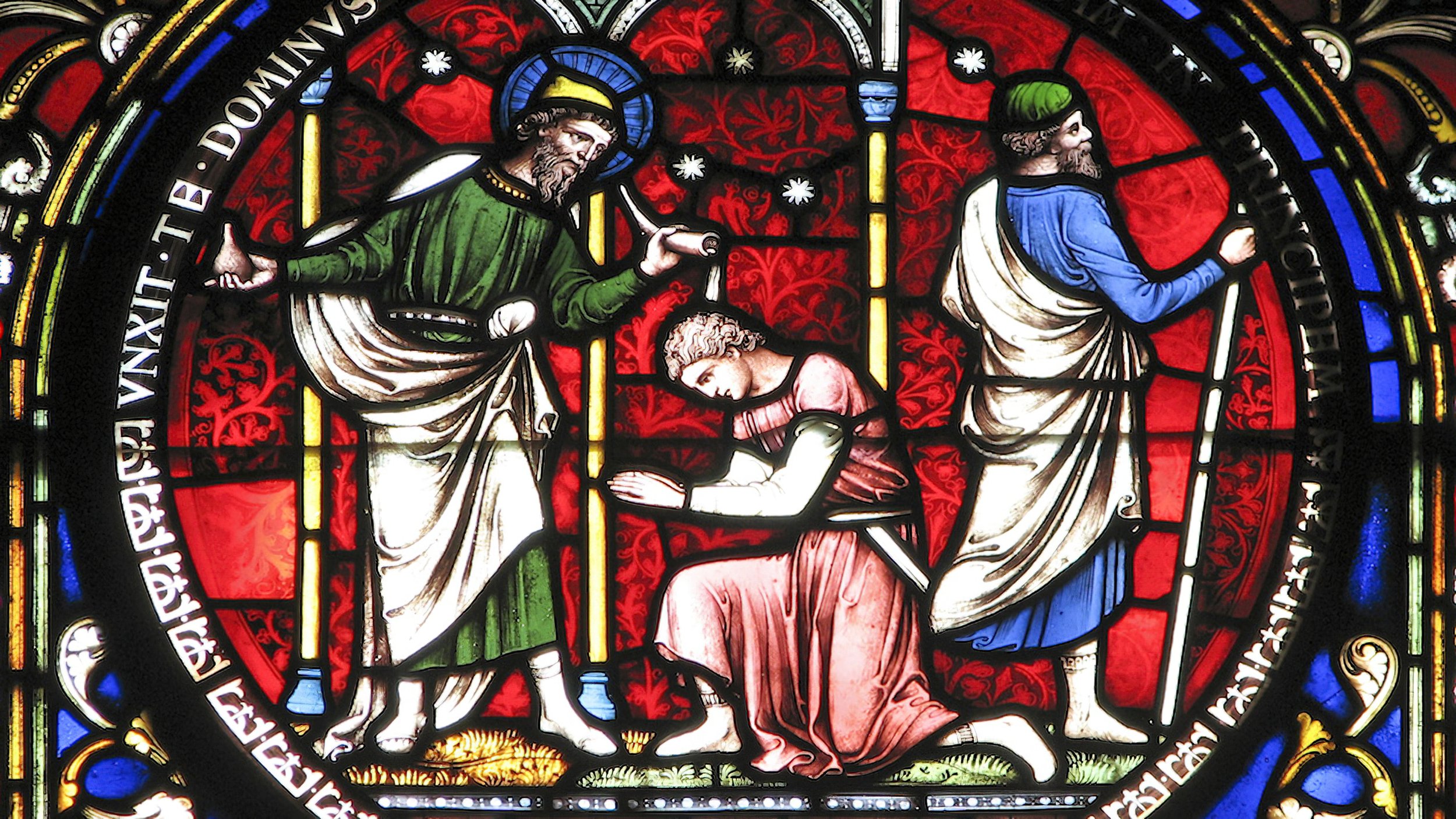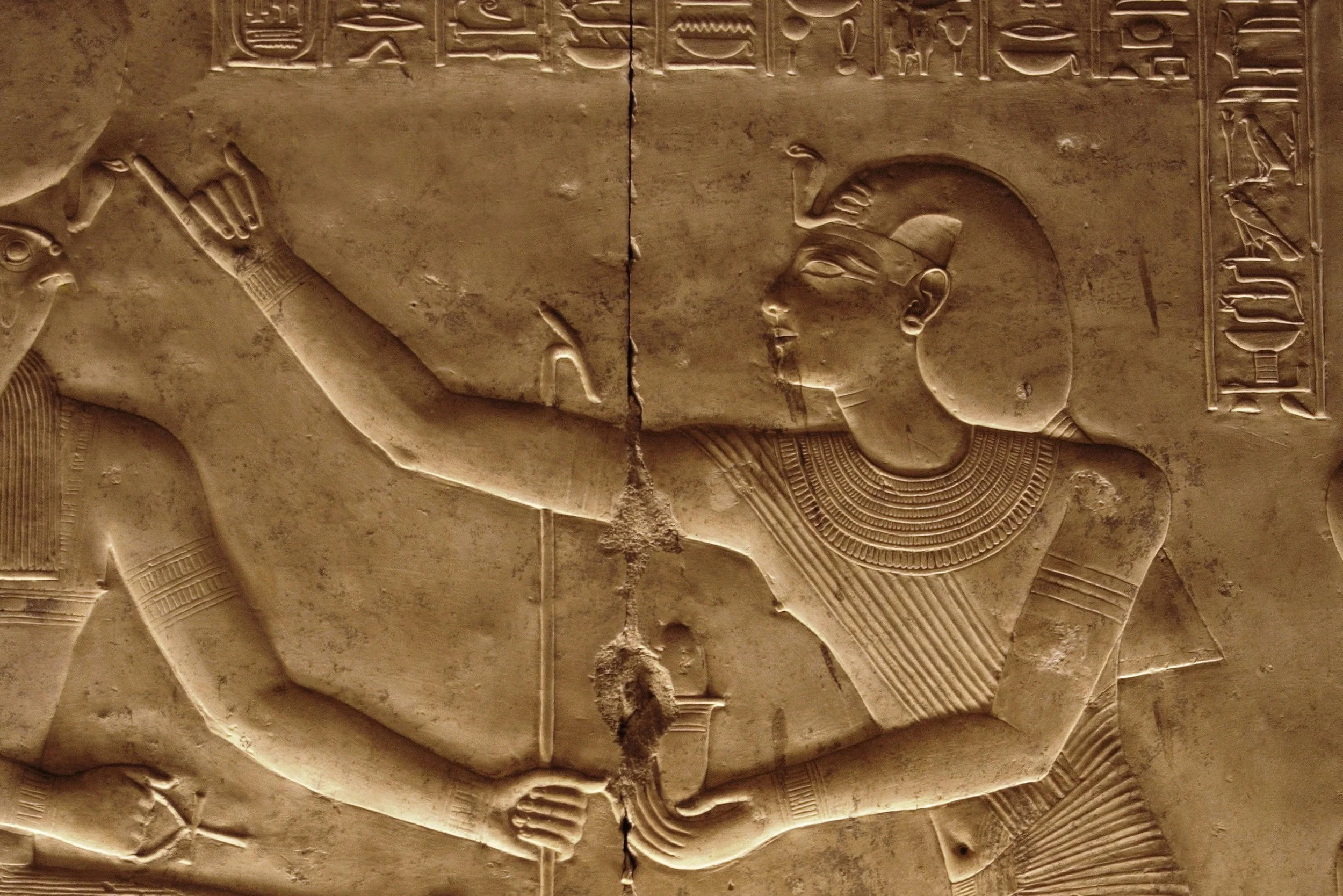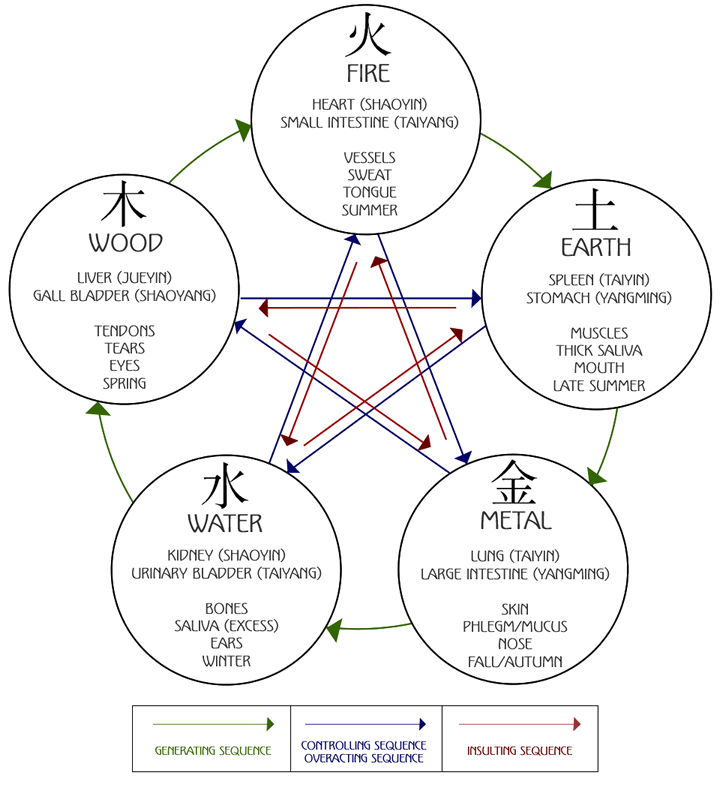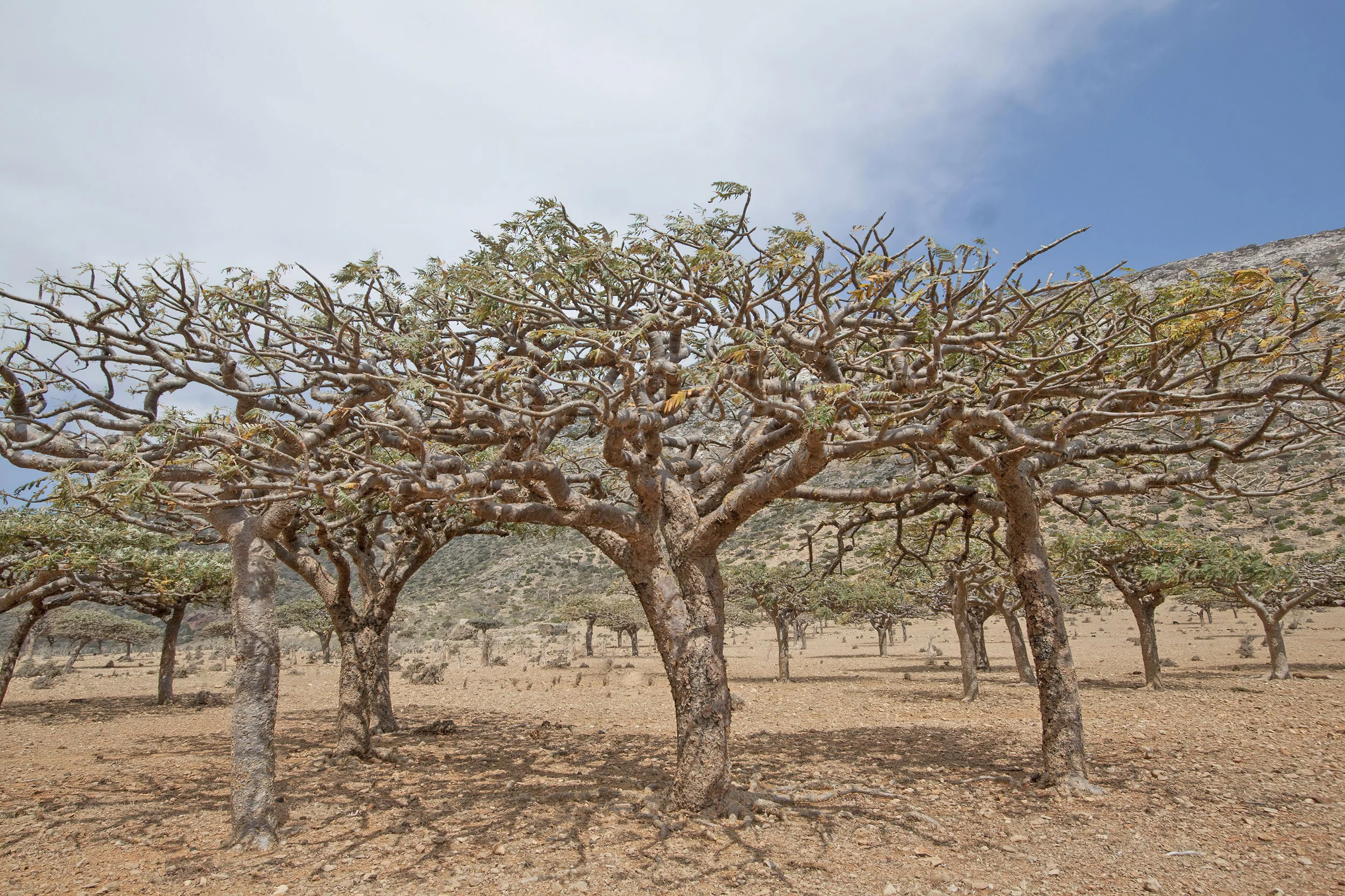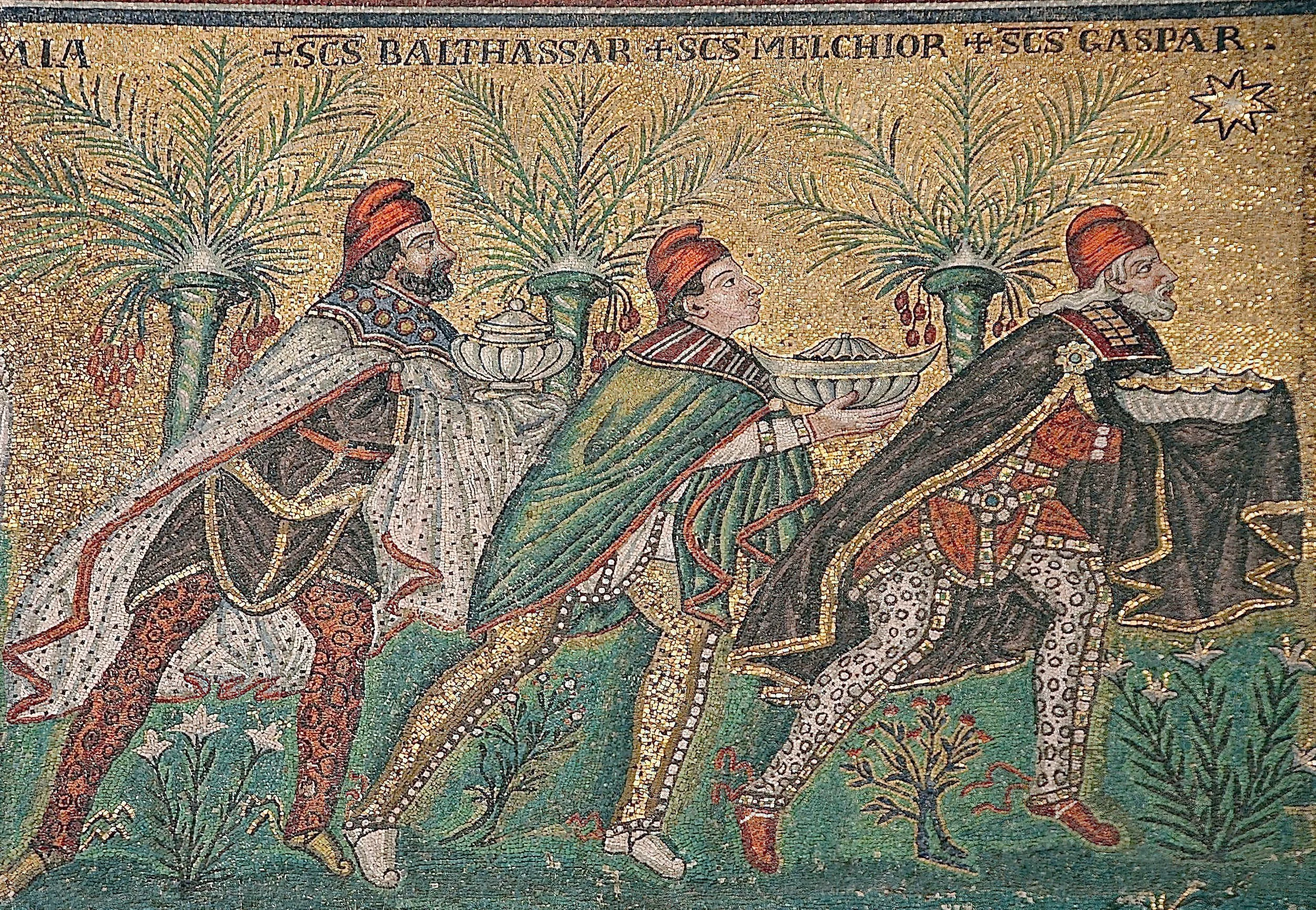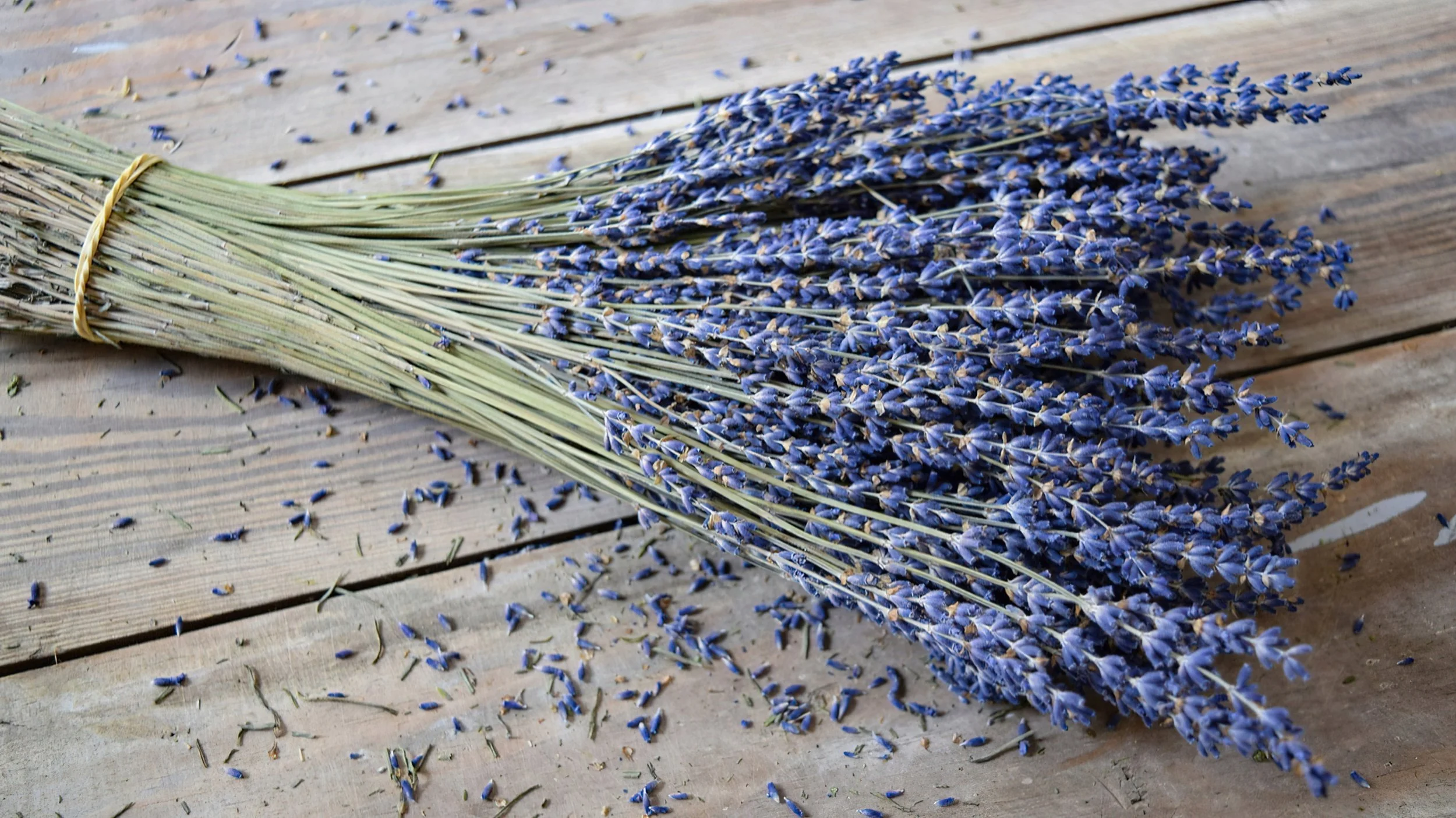The Scent of the Soul
The Scent of the Soul
Michael Scholes shares his views on language, healing, and the evocative power of essential oils.
Michael Scholes has over 30 years of experience in the art, science, and healing aspects of essential oils and all things aromatic. The founder and owner of the Virginia based 'Laboratory of Flowers,' Michael has amassed one of the most extensive collections of essential oils in the world, and his services are widely sought out as a formulator, teacher, trainer, practitioner, writer, speaker, researcher and developer of multi-sensory therapeutic-based treatments. He seeks to to help educate, formulate and apply essential oils as a complementary intervention to conventional medicine through blends, treatments and integration into all aspects of the human condition.
ENCOUNTERS AND DISCOVERIES
What initially drew you to work in the field of fragrance?
I first came upon aromatics over three decades ago—I was running a holistic bed and breakfast 150 miles north of London. I had never heard of essential oils before (this was in 1987, so no internet, no cell phones...). It was my wife at the time that first came across the subject in a magazine feature. I remember reading the article, and then driving 50 miles and purchasing about £200 worth of oils and blends even though I knew nothing about them whatsoever.
One week later, I was driving through London and saw a banner across the street that read ‘holistic health event today’. I pulled over and went inside, and within five minutes came across this whole array of bottles laid out on a table. Most people might not have given them a second look, but for me it was one of those moments where it was as if I saw more than I realized… I went over and asked one of the men behind the counter what all of this was, and he told me they were essential oils.
He then began to pick up each bottle and describe to me in such detail what he was smelling—which I found completely fascinating. I asked why I’d never heard anything about this before, and he said they’d come to London from France, and were looking to introduce the French aromatherapy model, their medicinal model, to the UK.
I said, ‘How can I help?’ He looked at me a bit strangely, thinking something like, ‘Are you crazy, I just met you.’ He told me they needed someone to organize a class for them in the UK, but didn’t have any compensation, except essential oils to offer. I said, ‘Who cares? I’ll do it.’ That’s how intrigued I was at the time.
Ironically enough, when I went back and looked at the article I’d read in the magazine, it mentioned two people who were in fact the two men I’d met at the wellness convention—Dr. Daniel Pénoël, a medical doctor, and Pierre Franchomme, the original mind behind the therapeutic and energetic uses of essential oils. It was as if I’d decided to enter a religion, and the first person I met was the pope!
So, to me that was a real sign, and looking back now I realize by creating this class for these two Frenchman, I had in fact introduced medicinal aromatherapy to the English-speaking world. That was my piece —which isn’t to say there weren’t other people dabbling— but that was the first time it was officially introduced. And the people at that presentation went crazy; I’ve never seen a group so enthusiastic, because finally they’d found people who were the real deal who could teach them something that wasn’t simply written in books.
ALCHEMY OF THE HEART
You mentioned you found the process of describing a fragrance fascinating... can you say more about this?
Well, I’ve noticed most people seem to have a hard time expressing what’s going on inside themselves… I think I first saw this when I was about 14 years old and remember asking my father if he loved my mother—I could tell he wanted to communicate something in that moment, yet his response was not satisfactory to me, in the sense that he didn’t seem to know what to say or how to say it.
Later, when I was a participant in a therapeutic process in the 80’s, I remember one day the focus was on me, how I felt, and I found I couldn’t give a clear answer… I realized no one had ever simply asked me how I felt, and so I told myself in that moment, ‘I’m going to find out how I feel.’ It wasn’t until several years later that I found the missing link to expressing how I felt from an authentic place of truth.
As I began to explore my inner feelings, I found fragrance helped me express myself in a much deeper and more significant way than words alone; because through participating in the power of scent, I was no longer describing everything in purely mental, abstract terms, but had to root myself in my own bodily senses and the world around me—my direct lived experience. And so I discovered that while words are born from the mind, fragrance, to me, is about connecting to the heart.
Lady with a BouqueT, CHARLES COURTNEY CURRAN
This knowledge directly relates to how I work with aromatics. When I create a fragrance for a client, I’m not simply sitting there formulating recipes, I’m working to find out what’s happening inside them on the deepest level.
I start by listening to their voice and forget their conditions and symptoms... fundamentally I’m looking for ‘the wound’... whether it be something physical, emotional, or spiritual — I’m looking for what it is that has caused them to move away from their greatness. Because I always assume people were born in greatness, and then lost their connection to this greatness due to challenges and circumstances in their lives.
So I want to know what it is about this person, what they’re attempting to tell me, and what they’re looking for. At first they may say that they feel tired or depressed, but as I look deeper, I realize what they may mean is that they feel lonely, or disconnected... the further we look into what’s going on inside, the more we begin to uncover a deeper feeling that they can connect to, and then I start to formulate something based on that.
In this way, the process of creating a fragrance is alchemical, magical and mysterious all at the same time. For example, I love how the Five Elements of Chinese medicine correspond to different physical and emotional states; I’ve found if I can correlate the person’s experience in this way —for example if the lungs are connected to symptoms of grief— then when someone is having difficulty dealing with grief I can address this through using an oil or blend that assists in uncovering their source of grief, as well as healing the lungs.
Or if someone has completely removed themselves from being able to surrender and be healed by something greater on a spiritual level, we can work with a fragrance such as frankincense that is known to help restore an earthly connection which adds a deeply elemental and healing presence to their lives.
frankincense resin
Can you give an example of how connections between specific emotional/psychological states and oils/scents are made?
Well let’s consider oud, also know as agarwood, which happens to be the most expensive wood on the planet. We can take a look energetically at why someone may be attracted to this particular oil: first of all, the aquilaria tree from which the heart wood is harvested is very remote… it doesn’t grow down by the shore, so in order to find it you have to venture deep into hostile territory within the forests of India and Southeast Asia.
Furthermore, the trees are only found in isolated patches throughout these forests, and once you’ve found one you can’t simply distill the oil from the tree right away, but have to wait until it falls and begins to decompose with assistance of the ambrosia beetle that then bores into the tree. The wood is then infected by a parasitic fungus that in turn saturates the tree with resin.
The reaction between all these factors creates something that did not exist before, and is now ready to be extracted. So the tree by itself is not the focus—it’s what happens to it after it’s been infected that creates the resin that is so precious.
Fallen Aquilaria Tree
So, what does all of this say about you, if you’re someone who is drawn to oud? First, it tells me you have to go very deep inside to find yourself, your true essence… and then the smell itself has a rich penetrating fragrance of earth, which invokes feelings of belonging. And the wood is also rotting, which means there’s a process of fermentation taking place.
Since we become what we assimilate, this oil helps us to break down internally and then integrate the sum of our parts in the overall process of our health, healing and regeneration. The real teaching here is not to focus on what you think is the prize, but instead, what you need to change in order to release the potential, or resin, within yourself.
Finally, you have to be patient and ready for change to occur when everything comes into alignment. During this process of transmutation, you’re becoming someone different than who you were, by creating something that was not in the original version of yourself, like the tree.
Now, if I start with this oil as a base, and then continue to add several others to it, you can really begin to see how the story of the fragrance itself is evolving; how it’s gone beyond simply putting drops together… and for me the art of aromatics is nothing without this deeper understanding, because it reveals the knowledge of how to implement the oils—every aromatic plant has its own signature and connection to something deep within us.
And how does the process of correlating the qualities of these oils with the states of our psyches effect us on a physical level?
Well, just as medical drugs that deal with depression and anxiety are basically designed to fill certain receptor sites in the body, from the beginning, I somehow knew that fragrance also worked in a similar way. I don’t know how, I just sensed that if you smelled something long enough, the essence of that particular scent would be absorbed and influence your psychological/emotional/energetic state.
Later on, I realized the BBC had in fact done a special on how smell is not just a phenomenon which occurs in the nose, but that there are these taste and smell receptors all over the entire body that respond to different qualities of fragrance—so the liver smells, the muscles smell, tissue smells … and I found this made a lot of sense to me, as it affirmed what I already knew to be true in my own experience.
So, this means when I’m customizing a fragrance for an individual that they wear to heal and balance themselves, I’m also looking to fill whatever receptor sites are deficient within.
A Laboratory of Flowers
This leads me to ask about your ‘Laboratory of Flowers’, which in this context could be viewed in a way as a pharmacy of fragrance…
Yes, I have over 600 essential oils in my collection that contain every nuance of every oil I’ve ever come across—for example, I have 9 different frankincense’s from different countries, species and extraction methods. They range from extremely subtle, to something that has more depth and complexity, which I can draw from depending on the qualities I’m looking for when creating a particular fragrance.
And what initially inspired you to amass this collection—was it simply born out of the necessity of your work?
I was looking through a very old perfumery text and came upon this one picture that depicted a laboratory as it would’ve probably existed in France in the 19th century. It showed people pouring and distilling oils stored in barrels stacked up on shelves —it looked like a factory for fragrance— and right at the top of this image, it read ‘The Laboratory of Flowers.’
At that moment I said to myself, ‘That’s it!’— such a laboratory represents science, and the flowers represent healing and nature, and without the two, the work would be incomplete.
I wanted to collect all the significant fragrances I encountered, which led not simply to a commercial inventory with a price list, but rather became my personal library of fragrance. And because it’s my personal library, I collect these oils firstly for myself, and then if I have extra, perhaps I’ll sell some to you too. It’s a completely non-amazon-based model; you can’t even order more, even if you wanted to.
And how do you approach the whole topic of purity of materials, in regards to organic vs. non-organic ingredients, etc?
Well I’m not interested in organic simply for organic’s sake—I’m interested in organic that represents a pure expression of what I know a particular oil to smell like. For example, I have a good friend in France who collects lavender by hand from the hills in the mountains, and then distills it into small batches —and if this was wine you’d say it was the finest wine you’ve ever smelled or tasted— and that’s what I record as the true scent of lavender. Now if you show me a fragrance that smells like that, but it isn’t organic, I don’t care, because I know it’s still a pure expression of that oil.
And sometimes I get oils, such as this beautiful Italian bergamot I came across, and it’s not organic—I may tell my clients it’s exquisite, but that I also have another bergamot that’s not as unique, but is organic, and they’ll often tell me they prefer the organic... but that choice is often informed more by an idea of what’s right than something based on actual knowledge and experience.
Violets for Perfume, Henry Herbert La Thangue RA
purity of intention
And what about oils that contain synthetic ingredients in their formulas?
Well by definition anything that isn’t completely pure is a synthetic... even if it’s 99% pure, it’s still a synthetic. And nowadays because a large amount of essential oils are purchased online or from large companies, it can be very difficult to know if what you’re buying is something that’s actually pure, or just claims to be.
This is a problem for many reasons—let’s imagine for a moment that you have cancer, and you’ve done research and found there’s a few oils you can use to relieve symptoms, and then you unknowingly buy an impure product online. This may actually make your cancer worse. And why does this happen? Because there is a lack of consciousness and awareness from the people who are selling such oils.
This also carries over into how they are sourced—if you have a consumerist mindset, meaning you believe that more is better, no matter what the cost, you put your own needs before the needs of the collective, especially when an oil is in limited or in scarce supply. This is when we have to conserve and cut back on our individual essential oil needs and make do by adjusting our blends accordingly. When you use the highest quality oils, a drop will deliver the same benefits as if you had used a drum of an inferior or adulterated oil. Less is always more when you capture the true essence of oil in all its glory.
On a global scale, nature will push back if it is manipulated, over harvested or forced to grow quickly. This is when nature begins to say, ‘No, I’m not giving you any more of this.’ For example to extract the essence of frankincense you must cut into the tree and then wait for its sap to flow out like a tear to heal the wound, until it dries as a resin. These trees can only tolerate this process about once a year, but now that there’s such a demand for frankincense, harvesters are cutting into them more frequently.
And just as we abuse cows by giving them antibiotics to produce more milk unnaturally, what’s produced when we violate these trees is no longer a pure and natural expression of the oil. And if we continue abusing our natural resources in this way, soon we’ll no longer be able to source these oils naturally anywhere in the world.
Unfortunately, this industry is in fact filled with deception, manipulation and secrecy, because it’s not easy to verify where many essential oils actually comes from, and I’ve had to learn to navigate my way through this in order to maintain my own integrity. Lavender, for instance, may show France as the source, when in fact it may be from Bulgaria.
Anointment
Now that essential oils have become more widespread, how do you see their application developing further in the future?
Well if you look back to 1987 there were only two places in the US where you could buy essential oils, both of which were mail order. It was not long after that a man named Gary Young, who was at one time one of my students, founded the company, “Young Living”. We basically began our careers at the same time, and he had a larger than life personality and wanted to create a business that would go across the world. To his credit, he brought essential oils into the mainstream, and his company has grown into a billion-dollar business.
Now today many people have their own small businesses, selling to their friends and colleagues, so every part of society will continue to be touched by essential oils. In a sense, stage one is complete—the oils are helping many people get off synthetic household products and pharmaceuticals and into healing botanicals that are more natural and beneficial.
But what’s stage two? Well, just because you’ve remedied your bronchitis doesn’t necessarily mean you’ve become more conscious... and as I said, if you don’t learn to become more conscious —if you don’t know how you feel— you can’t in my opinion truly understand yourself, or the process of healing.
And then stage three, which is what I’m personally researching now, is using essential oils and blends daily in the form of remedies to alleviate physical suffering, as well as its underlying causes. This entails multiple blends applied to specific points, organ systems, meridians and through inhalation at different times of the day.
Some blends will be applied individually, and others may be layered on top of each other, repeating as often as is needed. The purpose of this is to completely saturate the body and brain in order to refocus the mind, so it can begin to shine light on the parts of our subconscious that often fester in the dark, uncovering the deeper underlying sources and causes of our suffering. In this sense, it is anointing the whole body, not just in a religious sense, but applied holistically to create a complete healing experience.
So this process goes far beyond merely treating symptoms with remedies…
Yes, and this is why I don’t really like to use terms like “aromatherapy” or “perfumery”, because for me, it’s about something much deeper. If you look back to the Golden Age of Egypt, the only people who were allowed to handle these precious oils were in fact the perfumers and the priests—you couldn’t simply go around purchasing these things; it wasn’t allowed. Why? Because they were known to change consciousness… and needed to be restricted, reserved for those with position and power. As fragrance restrictions came to an end, people started to take indulgent baths and soaked their skin in scented oils for pleasure, a tradition that still continues today.
Pharoah annointing a diety, Temple of Seti I
But in ancient times people wouldn’t just casually apply a fragrance; they would anoint them—and there’s something about anointing the body, about creating an unguent or balmy wax and applying it to the skin that goes way back into the past, way back into our subconscious and DNA, that captures the spiritual significance of what’s happening in that moment.
So even if we may be able to treat every aspect of the human condition, and in theory, approach the gates of paradise, we’ll only ever reach the banks —we won’t be able to cross the river— because we’re missing this vital piece, which is consciousness.
Which was a very central principle in the ancient traditions…
Yes, all of the so-called alchemical traditions, whether the European temperaments, or Eastern core beliefs found in the Chinese elements, etc., all emphasized the aspect of bringing awareness to the areas where you’re imbalanced… and from this perspective your whole life path and destiny was about discovering what your weakness was, and learning how to counterbalance this condition and bring it into harmony.
Western and Chinese diagrams of Four and Five Element Cycles
But today most people aren’t really interested in exploring what they don’t already know, and therefore often simply follow other people’s advice, rarely coming to their own conclusions. As a result, their language is very narrow, their palette for food and color is narrow, they’re only into one form of music, etc. And if you ask the average person what they feel, most people, just like myself many years ago, will probably say they don’t really know.
Now I don’t believe this is because people are ignorant; I feel they’ve just never been taught how. And so, we have to start by being kind to ourselves; by first acknowledging that we are in fact worth honoring. Because in our modern society, at our core, we often feel disconnected, desensitized, and hopeless… and everything we do is essentially influenced by this.
Therefore, our food choices, who we choose to sleep with, our ability to love in our relationships — all this comes from this same place. We’re never really satisfied—we always want more, because we feel less. And there was in fact an initial moment in time when we first felt this way; it was instilled in our flesh. The question then is, why does it continue to influence us? Because nothing has been able to penetrate deep enough to shift our perspective and to get us to love ourselves completely and compassionately.
So to heal this sense of disconnection we have to go deep within ourselves, and the beginning of the journey is language—because interestingly, in order to be able to explain how a flower smells, we have to allow the experience of the flower to actually touch us, for it to begin to interface with our language.
And once the fragrant molecules from a particular flower have interfaced with our language, we’re actually beginning to express to other people what it is we feel. And that’s what the plants are doing; through us they express what they are, and just that energy alone makes us more conscious and more connected to our own experience.
FRANKINCENSE TREES IN SOMALIA
TIMELESS PURITY
Smell can also transport us back to the beginnings of time. When you smell something such as frankincense, or sandalwood, you can go back hundreds, if not thousands of years —you can time travel— because the same exact fragrance existed throughout that time. This can be very healing and restore the connection to very deep and fundamental parts of our psyche that we’ve lost touch with.
Based on this understanding, about ten years ago I decided to create a fragrance where I took all 33 of the plants mentioned in the Bible—frankincense, myrrh, etc.… and using methods derived from biblical references, plant signatures and numerology, I formulated a blend that was the synthesis of all of these fragrances.
The intention behind this blend was to create an expression of the Bible that could exist independently of the text, that you could receive purely through the experience of smell, that would become alive and be transformational, because you were connecting with the essence of the plants specifically documented in the time of Christ.
THE MAGI BEARING GIFTS OF FRANKINCENSE AND MYRRH (ITALIAN MOSIAC)
This approach makes a lot of sense considering how as you say, words alone don’t always communicate at the same level of depth and immediacy that smell can access directly…
Yes, and in regards to the act of communication itself, I believe somewhere in the process of our evolution we became defective—it may not have been innate, but something happened when people started to develop forms of language and civilization that caused us to feel separate from nature... and I think this is responsible for a large amount of the disconnect we suffer from today.
The minute we entered into a more organized and structured life, where we were not in direct contact with nature, we lost this connection. And the minute we lose the connection to our natural world, we lose the connection to the very essence of who we are. And then what’s left? A bunch of information, and a motorized body that follows this information but ultimately goes astray, because the very center has been removed.
This is why I tell my clients to smell everything they can get their hands on, because your body will record it, and the memory of that smell will instinctively guide you back to the source of that plant. So, if your body has recorded the essence of lavender, which means ‘to wash’ [lavare], and you feel the need to cleanse yourself —not only of dirt, but on an emotional or spiritual level— you’ll feel drawn to lavender as a resource in that moment.
And I imagine the purer the fragrance, the more powerful the memory will be…
Yes, and a particularly poignant example of that is the process of how Bulgarian rose oil is made—every summer in Bulgaria’s Valley of the Roses, this beautiful and fertile valley is suddenly filled with hundreds of schoolchildren, who come down from the surrounding villages to pick the blooming roses …just imagine the energy of that, all of these youth gathering flowers… and then all of this gets transferred, including the land itself, into this exquisite fragrance. It’s such a profound expression of beauty and purity, it’s absolutely divine.
Gathering flowers at the annual Rose Festival in Bulgaria
And learning to feel and articulate the beauty of these experiences not only allows us to better appreciate the natural world around us, but to share and express this appreciation with others...
Just as a flower knows to open at exactly the right moment (when at its most fragrant), when a certain feeling or impulse spontaneously comes up for us —maybe to tell someone we love them, or that we’re sorry— that moment is the flower opening, and the more we develop confidence in our own language and awareness, the more we can begin to act on those moments.
I believe that as we’re all feeling human beings in our hearts, we truly do want to experience and share every single part of ourselves with other people. And I know many pessimists today would say we’re heading down a path of doom and gloom, into further conflict and chaos… but I feel quite the opposite; I feel we’re heading towards something much more significant. And based on what I’ve learned, I just want to do everything I can to help be a part of it, because I believe healing the split between nature and the deepest parts of who we are is the most important process of our time.
— To learn more about the work of Michael Scholes, please visit www.MichaelScholes.com —


